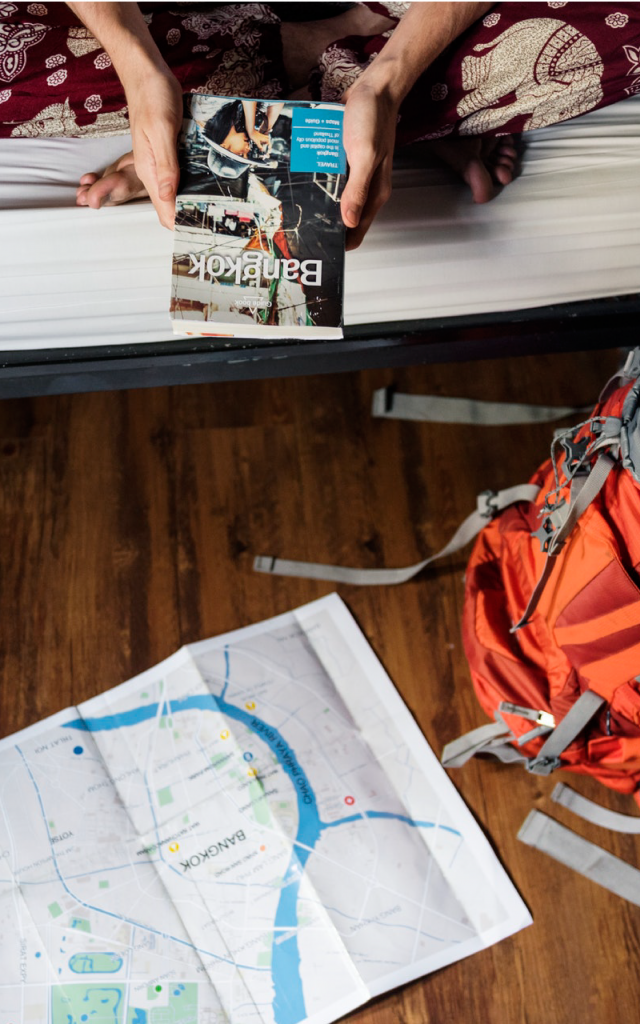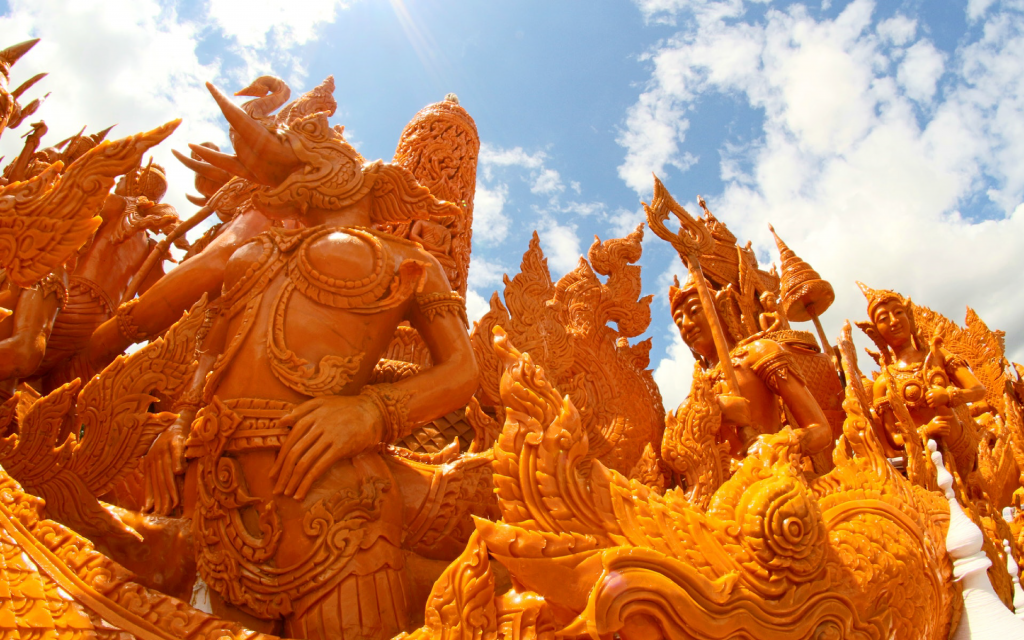Changing Type Of Visa Without Leaving The Country
The majority of foreigners who visit Thailand assume that if they wish to change their current visa to another type they need to leave the country first.
While this is a common and valid way to achieve your goal, it should be understood that with knowledge, perseverance and the correct paperwork it is possible to change certain types of visas without leaving the country.
Here is an explanation of how and why someone would enter the country on one type of visa and then change it to another type of visa without leaving the country.
These vary by situation so for full details on what options are available to you currently please get in touch with us to discuss.

Tourist visa to a Non-Immigrant B Visa
Arriving in Thailand on a tourist visa allows foreigners 60 days in the country with the option to extend for a further 30 days upon application at a Thai immigration office. The current cost for this extension is 1,900 baht.
The most common reason for foreigners wanting to change their tourist visa to a non-immigrant B Visa is because they have accepted a job in the Kingdom.
To apply for a work permit in the country a valid non-immigrant B visa is required. Once you have changed your tourist visa to a NON B visa then you will have permission to stay in Thailand for 90 days. If you wish to leave Thailand for a business trip or to visit your home country then you will need to obtain a re-entry permit from your nearest immigration office.
Most people are generally advised to leave the country:
The school or company offering employment will generally state that the soon-to-be foreign employee should leave the country and travel to one of Thailand’s neighbouring countries to apply for a non-immigrant B visa. Laos, Cambodia and Malaysia are popular choices.
Once stamped out of Thailand and into another country the foreigner will then apply to change their current visa for a non-immigrant B visa at a Thai Consulate before returning to Thailand.
With this visa in their passport they can then go through the process of applying for a work permit.

Disadvantages of changing visa type in this way:
Time and money are the real disadvantages. To secure a non-immigrant B visa in this way the foreigner will have to:
- Pay return travel costs, hotel costs and living expenses when leaving their Thai base for their chosen neighbouring country.
- There is a mandatory 3-day period after leaving Thailand before the Thai consulate in the chosen country can issue the new visa
How to convert without leaving Thailand:
It needs to be made clear that converting from a tourist visa to a non-immigrant B visa is possible without leaving the country. This involves a fair amount of paperwork which must be correctly completed, an understanding of all procedures involved and a lot of patience.
A ‘must-have’ to achieve this conversion:
While you may hear different stories from different sources and always have a bar-room ‘lawyer’ ready to give their advice, you need to make sure that there is at least 21-30 days validity left on your tourist visa.
The reason for this is that any less is likely to result in Thai immigration telling you that there is insufficient time left on your tourist visa to process your application.

Prioritise your work permit application:
This may seem an unusual step to achieve the desired visa conversion, but it is actually the most effective way to go.
The buy-in of the education institute or company you will be working for is an absolute must. They will be required to provide comprehensive information and all relevant data relating to the position you will fill, but this should not be anything new to them.
If they do not provide everything required when you require it the Thai Labour office will not process the application. This will mean that you must leave the country to obtain your required visa.

Non-Immigrant B visa application:
Assuming your soon-to-be employers have played their part and all work permit paperwork is in order you will be given a form by the labour office that needs to be submitted with the paperwork required for the non-immigrant B visa. This application must be made to the Thai immigration bureau.
Imperative that all paperwork is correct and complete:
It is essential that your non-immigrant B visa application paperwork is 100% in order and all relevant requirements are met. There are strict checks in place and if any part of the paperwork is missing, incomplete or incorrect your application will be refused.
Here is your check-list:
- Completed Employment certification form provided by the Thai Ministry of Labour Employment Department. This is a downloadable document. (For teachers only)
- Copy of Employment contract. This must specify employment starting date.
- Copy of the Institutes/Companies licence you will be employed by
- Copies of your qualifications.
- Letter from the Royal Thai Police confirming criminal background checks have been completed. (Teachers Only)
- A letter from your employer and a copy of the identity card of the signatory to the relevant Thai immigration office you are applying at. This should confirm the position has been offered and accepted.
- Dependent upon whether you will be employed by a state institution, higher education institution or international school additional documents may be required. Your employer should assist with any of these additional documents.

Application acceptance of work permit:
Once an application for a work permit is accepted at the Thai labour office, they will provide a form which must be completed and submitted with all paperwork for your non-immigrant B visa at a Thai immigration bureau.
All of this paperwork will then be checked. Assuming it is in order it will be certified and you will be given a receipt as well as a date on which to return to collect your non-immigrant B visa.
Once this is in your possession you can then collect your work permit as soon as it is ready and start your legal employment in Thailand.



0 Comments